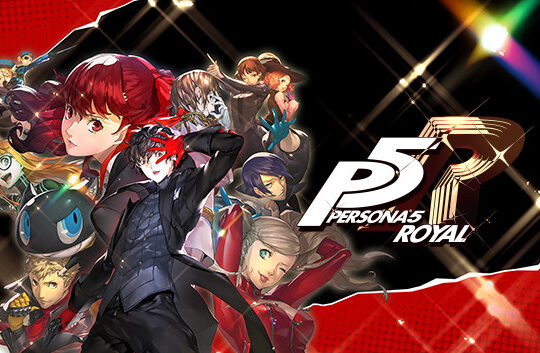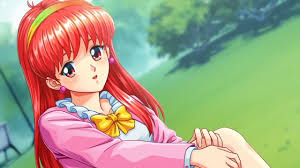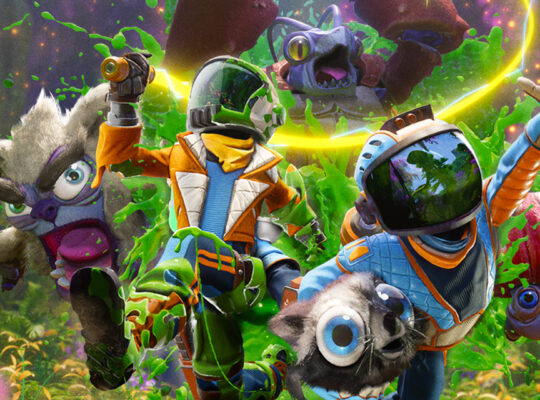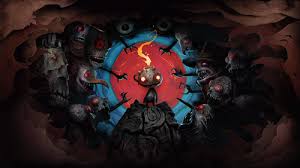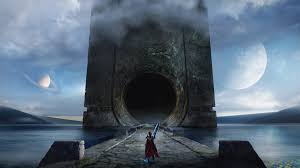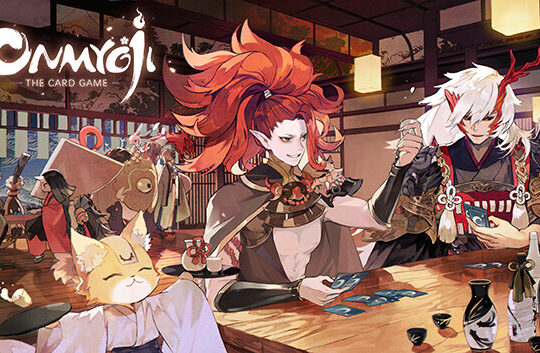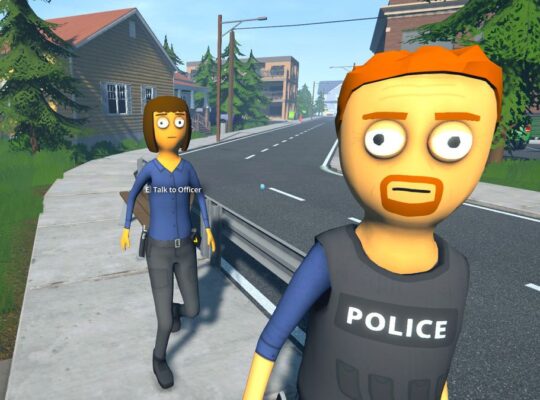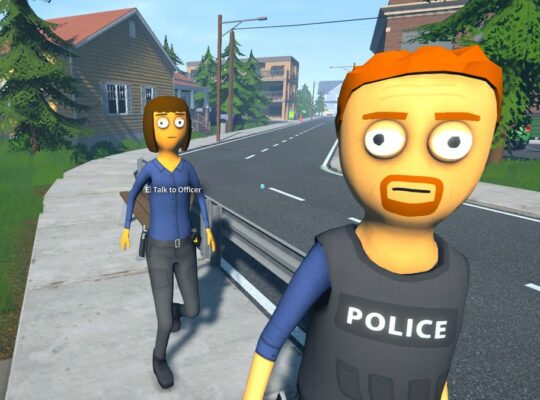Pros:
- Innovative Storytelling: DDLC ingeniously subverts player expectations, transitioning from a seemingly typical romantic visual novel into a dark, psychological horror. This shift not only serves as a narrative twist but also comments on the nature of choice and consequence in video games, making players question their agency within the story.
- Character Depth: The game excels in character development, providing each member of the literature club with a distinct personality and a deeply personal backstory. These narratives address serious themes such as mental health, making the characters more relatable and humanizing them beyond their initial archetypal roles.
- Breaking the Fourth Wall: DDLC employs metafictional techniques, acknowledging its existence as a game and directly interacting with the player. This breaking of the fourth wall creates an immersive and unsettling experience, as the game manipulates files and settings on the player’s computer to enhance the psychological horror aspect.
- Art and Sound Design: The game’s visual and audio elements initially conform to the aesthetic standards of typical visual novels, with colorful art and an upbeat soundtrack. However, as the narrative progresses, these elements are distorted to enhance the unsettling atmosphere, effectively contributing to the overall impact of the game’s darker themes.
- Accessibility: DDLC is available for free on multiple platforms, making it accessible to a wide audience. This broad availability has contributed to the game’s viral popularity and has sparked discussions on its themes and narrative techniques.
Cons:
- Content Warning: The game’s transition from light-hearted romance to psychological horror can be jarring and distressing for unprepared players. While there is a content warning at the beginning, the intensity of the themes concerning depression, suicide, and mental instability might be overwhelming for some.
- Pacing Issues: The initial setup of the game, designed to mimic standard visual novels, may deter players seeking immediate engagement with its more innovative aspects. The slow start might lead some to abandon the game before experiencing its full narrative depth.
- Limited Interactivity: As a visual novel, DDLC offers limited gameplay mechanics beyond making narrative choices. This limited interactivity might not appeal to players looking for more traditional game elements such as exploration, puzzle-solving, or action sequences.
- Graphic Content: The game features graphic depictions of violence and disturbing imagery as part of its horror elements. These aspects can be off-putting for players sensitive to such content or those expecting a purely narrative-driven experience without visual shock factors.
- Niche Appeal: DDLC’s unique blend of genres and its subversive approach might not resonate with all players. Those not familiar with visual novels or those with specific expectations from the horror genre may find the game’s approach too unconventional or disorienting.
Conclusion: Doki Doki Literature Club! is a testament to the power of interactive storytelling, blending genres and narrative techniques to create a memorable experience. Its innovative approach to narrative, character development, and player engagement make it a standout title. However, its graphic content, potential pacing issues, and niche appeal suggest that it may not be suitable for everyone. Despite these cons, DDLC remains a significant contribution to the gaming world, offering a unique experience that challenges conventional storytelling in games.



